Natural antioxidants in skincare : Anti aging & damage protecting

Before exploring the benefits of antioxidants, let’s consider the daily challenges our bodies face. We encounter various elements such as sunlight, air pollution, stress, and poor diet, all of which lead to the formation of free radicals. Thankfully, antioxidants play a crucial role in defending our skin against these everyday threats.
Antioxidants are key molecules that support essential cellular functions in both our body and skin. While antioxidants found in fruits and vegetables like blueberries, kale, broccoli, and pumpkin are well-known for their benefits when consumed, topical antioxidants are also a valuable addition to your skincare routine.
Indeed, incorporating antioxidants into your skincare can offer significant advantages, and I’m eager to explain more about how they can benefit your skin!

5 reasons to choose antioxidants
Combat Free Radical Damage: Antioxidants neutralize free radicals—unstable molecules that can wreak havoc on cells and accelerate the aging process. By reducing oxidative stress, antioxidants help prevent premature aging and protect both your skin and overall health from environmental and internal damage.

Enhance Skin Radiance: Antioxidants combat oxidative stress to improve skin texture and tone. They brighten your complexion, reduce dullness, and contribute to a glowing, youthful appearance.

Minimize Inflammation: With their anti-inflammatory properties, antioxidants help soothe irritated skin and reduce redness or swelling. This makes them especially beneficial for those with sensitive or inflamed skin conditions.

Support Skin Repair: Antioxidants aid in skin regeneration by helping to heal damaged tissue, boost collagen production, and enhance skin elasticity. This results in a firmer, more resilient, and healthier-looking complexion.

Protect Against Environmental Stresses: Daily exposure to environmental elements such as UV radiation, pollution, and pollutants can strain the skin. Antioxidants serve to form a layer of defense against external aggressors, promoting skin health and avoiding damage.
Types of antioxidants
1. Vitamin C
- Benefit: perks include brightening skin, reducing dark spots, and supporting collagen development.
- Sources: Amla, Citrus fruits (oranges and lemons), strawberries, kiwi, bell peppers.
2. Vitamin E
- Benefits: moisturizing, UV protection, and anti-inflammatory effects.
- Sources: Wheat Germ Oil, Nuts, seeds, spinach, and sunflower oil.
3. Vitamin A (includes retinoids)
- Benefits: Increases cell turnover, decreases wrinkles, and enhances skin texture.
- Sources: Carrots, sweet potatoes, and leafy greens.
4. Polyphenols:
- Benefits: Reduces oxidative stress, inflammation, and promotes skin health.
- Sources: Include green tea, red wine, berries, and dark chocolate.
5. Flavonoids:
- Benefits: Provides anti-inflammatory and antioxidant properties while also protecting skin cells.
- Sources: Apples, onion, tea, and citrus.
6. Coenzyme Q10(CoQ10):
- Benefits: Increases cellular energy production while reducing the appearance of fine lines and wrinkles.
- Sources: meat, seafood, and whole grains.
7. Lycopene:
- Benefits: Protects against ultraviolet radiation and improves the appearance of the skin.
- Sources: tomatoes, watermelon, and pink grapefruit.
8. Selenium:
- Benefits: Protects cells against oxidative stress and promotes skin suppleness.
- Sources: fenugreek, fennel seed, Brazil nuts, shellfish, and whole grains.
9. Astaxanthin:
- Benefits: Provides strong antioxidant protection, decreases indications of ageing, and increases skin hydration.
- Sources: algae, salmon, and seafood.
10. Niacinamide (vitamin B3)
- Benefits: reduced inflammation, brighter skin, and improved skin barrier function.
- Sources: meat, seafood, and whole grains.

Frequently Asked Questions
Q. How should I incorporate antioxidants into my skincare routine?
To effectively incorporate antioxidants, look for serums, moisturizers, and sunscreens containing these compounds. Apply antioxidant-rich remedies in the morning to preserve your skin all day, and try combining them with other skincare staples such as moisturizers and sunscreens.
Q. Can antioxidants replace sunscreen in my skincare routine?
Antioxidants cannot replace sunblock. While antioxidants can help your skin defend against UV damage, they should be used in combination with a broad-spectrum sunscreen to give effective sun protection and avoid premature aging.
Q. Are there any side effects to using antioxidants in skincare?
Most antioxidants are easily accepted, but they should be introduced progressively into your routine, especially if you have sensitive skin. Some individuals may have mild discomfort or allergic responses. Before beginning to use a new antioxidant product, perform a patch test or check with a dermatologist.
Q. Can I get enough antioxidants from my diet alone?
While eating a diet high in antioxidant-rich foods such as fruits, vegetables, nuts, and seeds is healthy, topical antioxidants can offer additional, targeted advantages. Combining a nutritious diet with topical antioxidants can boost skin protection and improvement.
Q. How long does it take to see results from using antioxidant skincare products?
Results can vary depending on the type of antioxidant and individual skin conditions. Generally, improvements in skin radiance and texture may be noticeable within a few weeks to a couple of months of consistent use. Long-term benefits, such as reduced signs of aging, may take more time to become evident.



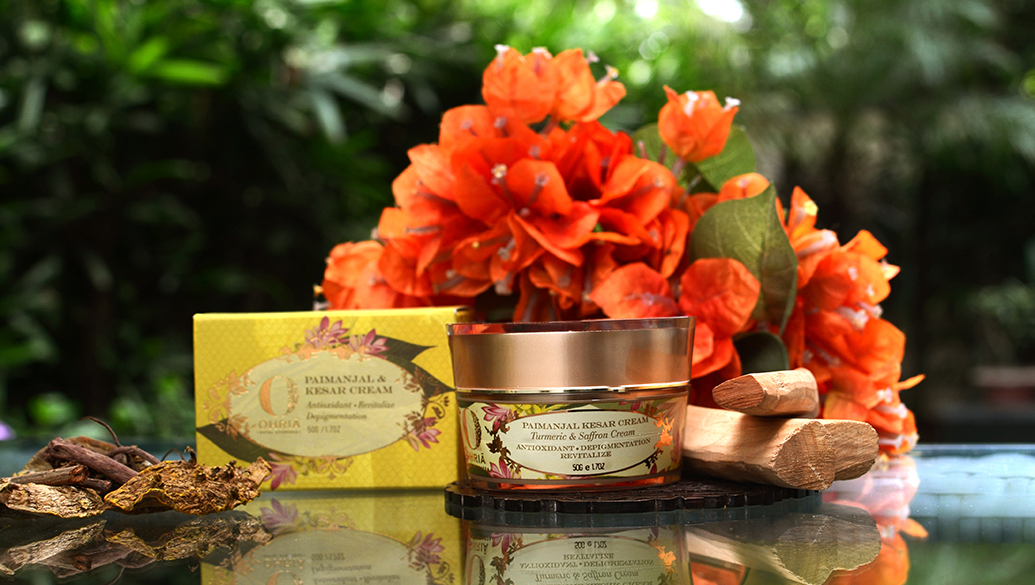
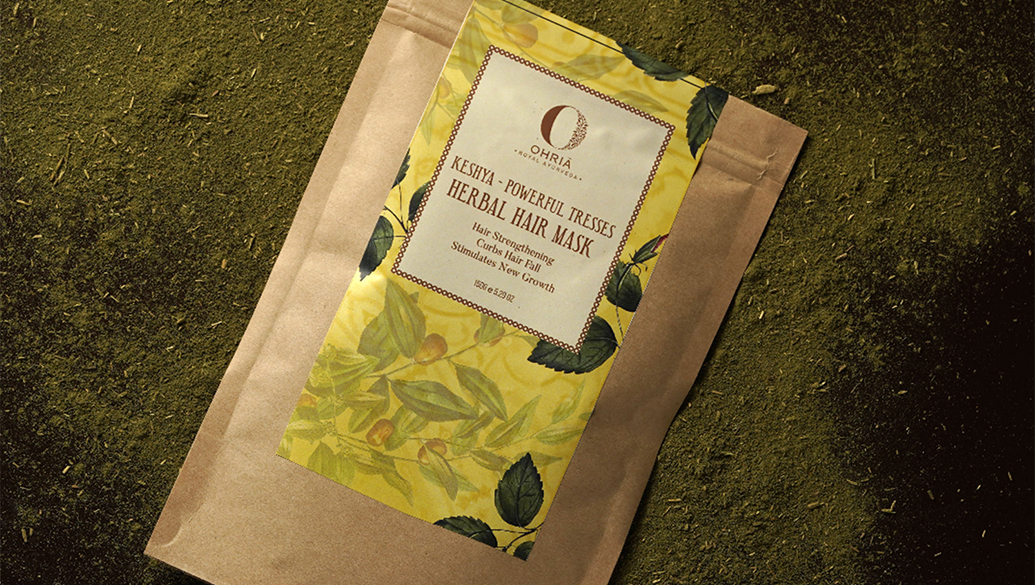
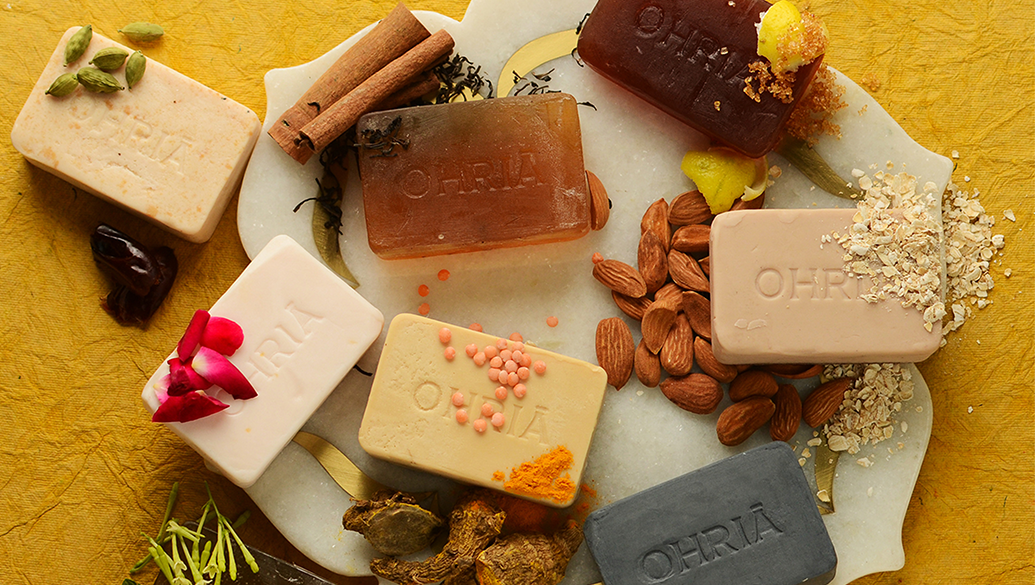
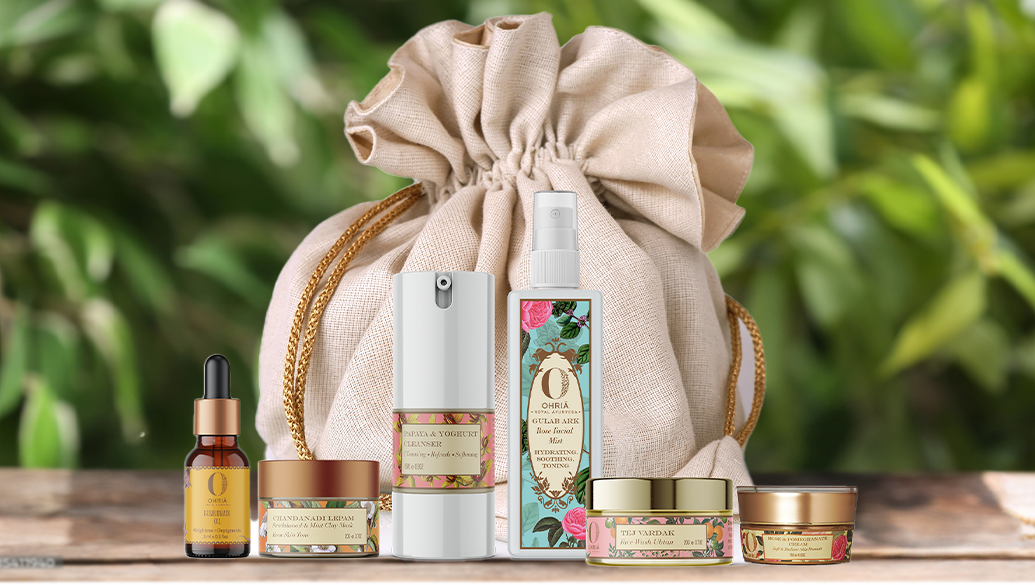
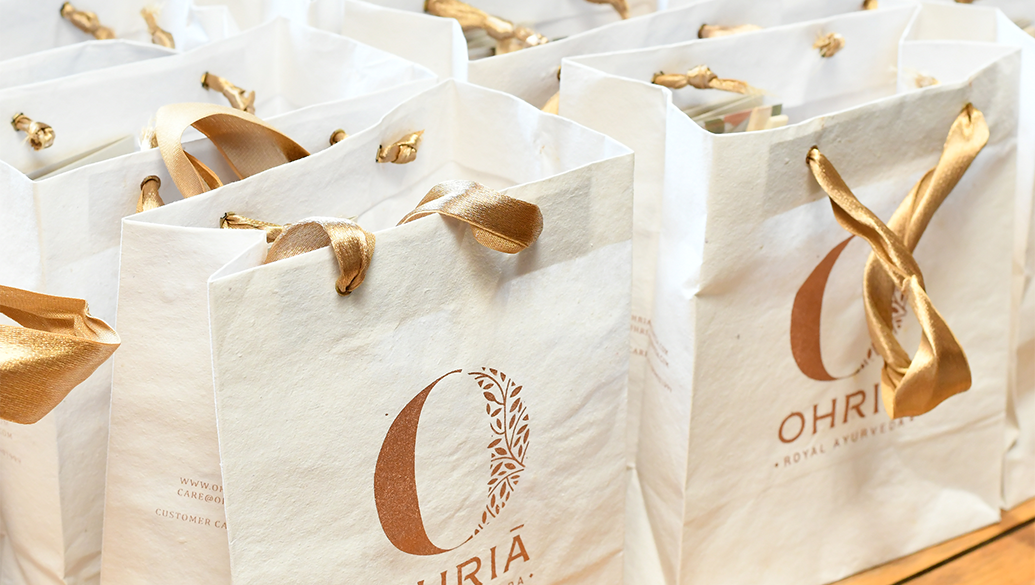
Leave a comment